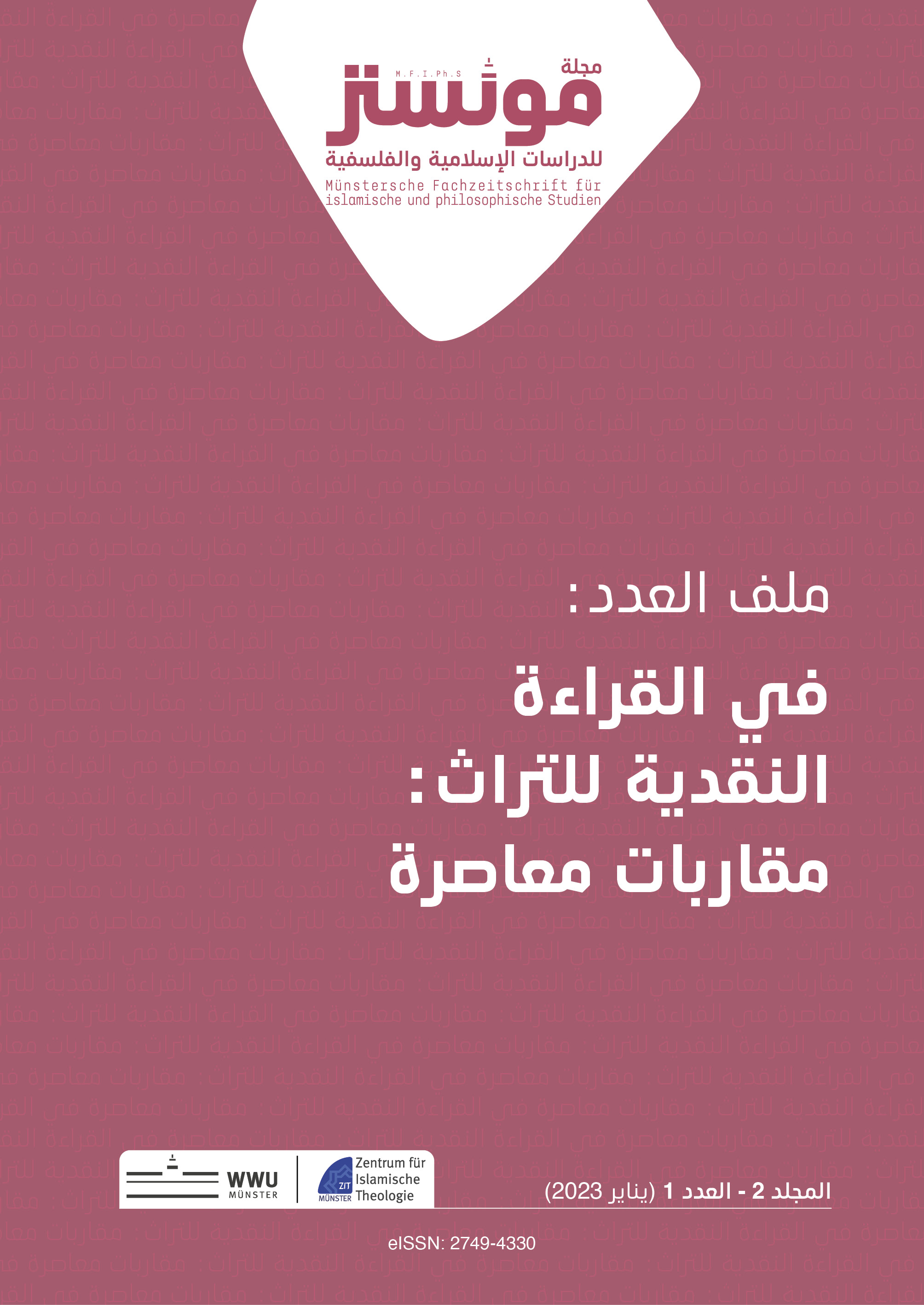Abdelmajid Charfi and Religious Reform
DOI:
https://doi.org/10.17879/mjiphs-2023-4610Keywords:
Interpretation, Religious Reform, Abdelmajid Charfi, Fiqh, LawAbstract
This paper deals with the foundations of religious Reform “tajdīd” in Abdelmajid Charfiʼs works. He considers that the reform cannot be achieved unless it is conditioned by the historical criticism of the Arab-Islamic tradition and its sciences. This criticism is the methodological and epistemological tool capable of revealing the distinction between what is sacred and what is human, or in other words, the separation between historical Islam and the message. Therefore, achieving renaissance or the path to “religious modernity” requires understanding the limits of traditional readings of the religious text and changing the status of doctrine and religion in the horizon of contemporary Muslim needs. With this, it is possible to modernise Islamic thought and liberate Islam from traditional hermeneutic mediators so that it can achieve its original function as a religion in the age of modernity.




